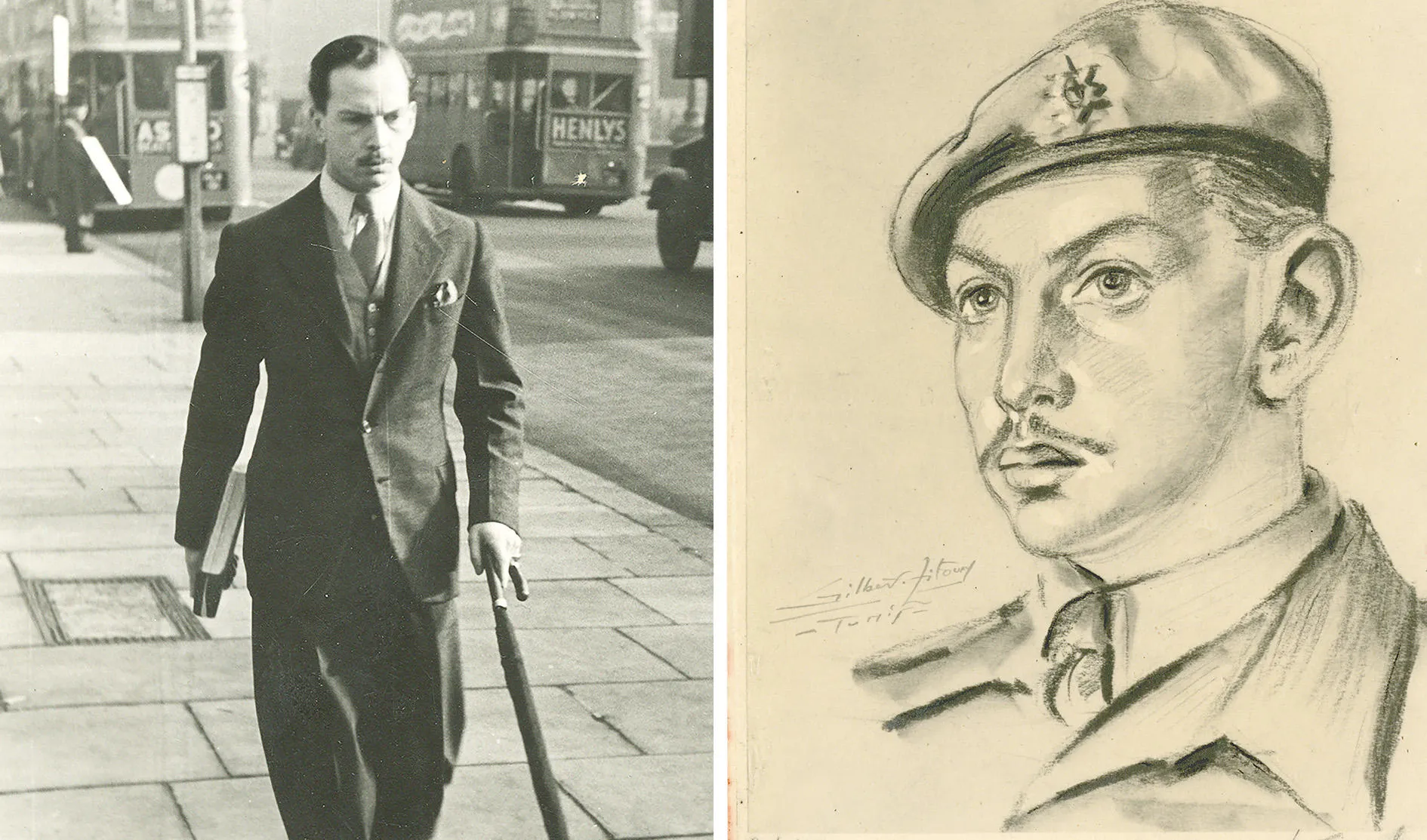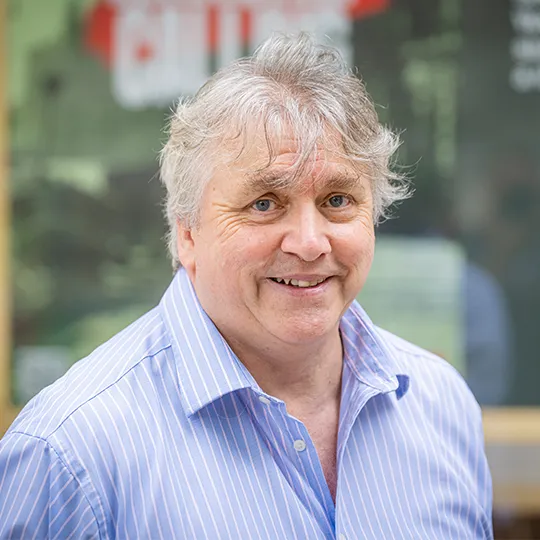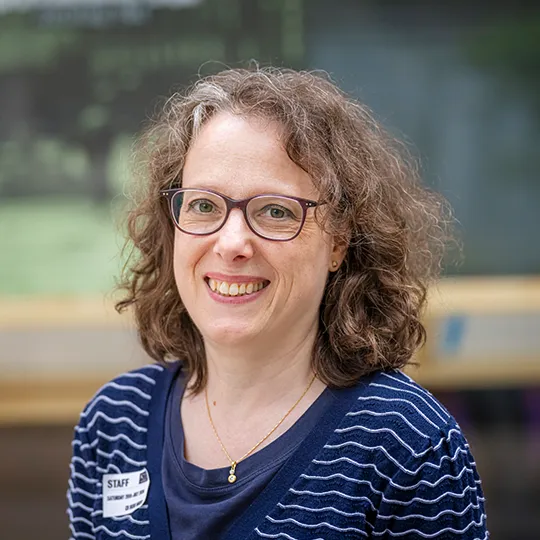“This has been an interpretive project to contest the idea that the proper role of art is to memorialise war or those who wage or suffer it. Instead, I have tried to articulate what might be politically and ethically at stake in the discursive interventions made by works of art, whose estrangements shift and shape our sense and understanding of risk, securitisation, violence, vulnerability, injustice, territorialisation, democracy, rights, trauma, gender, race, and desire.”
Dr Lola Frost
27 June 2022
War Studies celebrates 10 years of collaborating with artists
The Department of War Studies brought together artists to reflect on the complexities of conflict.

Staff, students and the public came together to celebrate 10 years of collaboration between the Department of War Studies and artists, at a private viewing of the War Beyond Battle exhibition earlier this month.
Part of the Department of War Studies 60th anniversary celebrations, the exhibition ran from the 23 May until 10 June 2022 in the Exchange, Bush House, and showcased the Department's decade-long commitment to exploring the role of art in teaching, communicating, and researching the complexities of conflict.
Bringing together work from four major exhibitions spearheaded by the Department, War Beyond Battle provided a space to approach conflict beyond the parameters of the battlefield. It featured work from the exhibition’s Going South (2015), Traces of War (2016), Reconciliations (2018) and Truth Tellers (2019).
Attendees of the private viewing were able to explore the exhibition while listening to talks from members of the Department, artists and curators.
Going South
Going South by Dr Lola Frost, artist and visiting fellow in the Department of War Studies, used paintings inspired by coastal and mountainous landscapes to share narratives of the feminine body, exploring discourses of female agency, desire, and repression.
Traces of War
Traces of War was a major exhibition that brought together three internationally renowned artists, Jananne Al-Ani, Baptist Coelho and Shaun Gladwell, to explore the relationship between war and the everyday, locating it in spaces where it would be least expected.
Working primarily with photography, film, and multimedia installations, all three artists have direct experience of conflict and war, their artwork reflecting that there is no such thing as leaving war behind.
Reconciliations
Reconciliations explored the politics and practices of reconciliation across the Western Balkans from a variety of perspectives across History, Discourse and Practice. Artists used a mixture of mediums including sculpture, drawings, written evidence and soundscapes to show how visual evidence of past crimes can play a role in post conflict remembrance.
War Beyond Battle displayed the work of Nicholas Cheeseman, Lana Čmajčanin and Adela Jušić, Milena Michalski, Paul Coldwell and Vladimir Miladinović.
Truth Tellers
Truth Tellers, a collaboration between Art historian Dr Christiana Spens, painter Tom de Freston, researcher Dr Pablo de Orellana and poet Mariah Whelan explores the aftermath of the Manchester Arena terrorist attack, particularly how communities made sense of it.
Professor Sir Michael Howard: the father of War Studies
The exhibition also included a special collection on Sir Michael Howard, military historian and founder of the Department of War Studies. The collection, housed at the Liddell Hart Centre for Military Archives at King's College London, gave a unique insight into Sir Michael Howard’s childhood, career, and legacy through reproductions of biographical items such as old photographs, school reports and accounts of his war heroism.

The event was part of War Studies at 60, a year-long celebration of the Department's wide-reaching impact and diverse community through talks, panel discussion, art and music.
Read the War Beyond Battle exhibition leaflet





